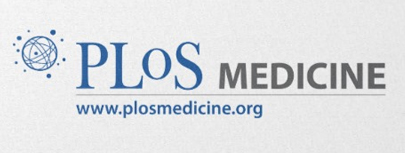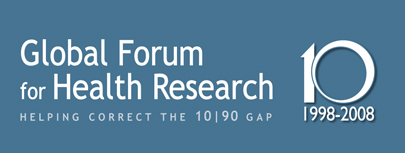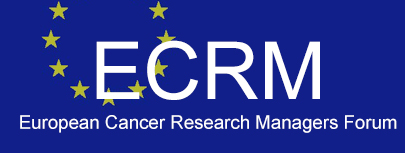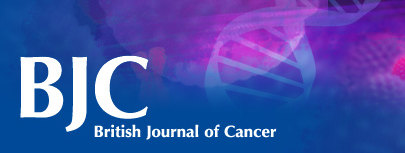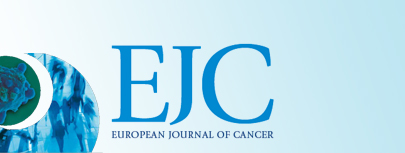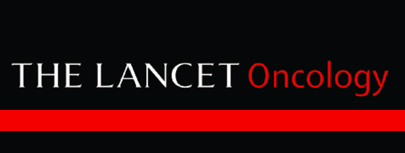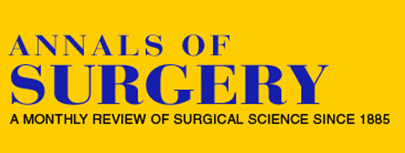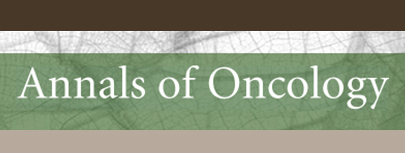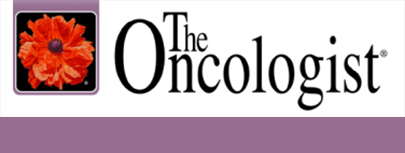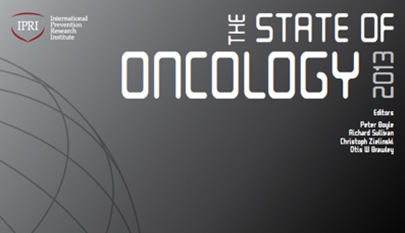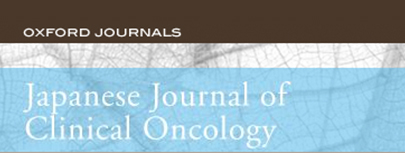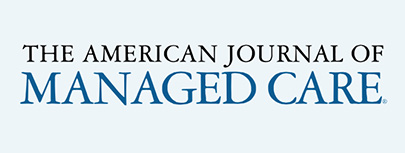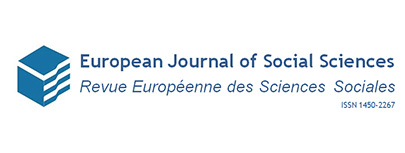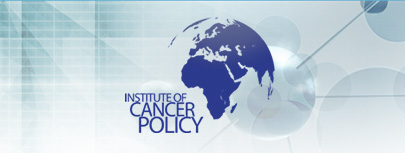Evidence-informed frameworks for cost-effective cancer care and prevention in low, middle, and high-income countries
Kalipso Chalkidou, Patricio Marquez, Preet K Dhillon, Yot Teerawattananon, Thunyarat Anothaisintawee, Carlos Augusto Grabois Gadelha, Richard Sullivan
Evidence-informed frameworks for cost-effective cancer prevention and management are essential for delivering equitable outcomes and tackling the growing burden of cancer in all resource settings. Evidence can help address the demand side pressures (ie, pressures exerted by people who need care) faced by economies with high, middle, and low incomes, particularly in the context of transitioning towards (or sustaining) universal health-care coverage. Strong systems, as opposed to technology-based solutions, can drive the development and implementation of evidence- informed frameworks for prevention and management of cancer in an equitable and affordable way. For this to succeed, different stakeholders—including national governments, global donors, the commercial sector, and service delivery institutions—must work together to address the growing burden of cancer across economies of low, middle, and high income.

